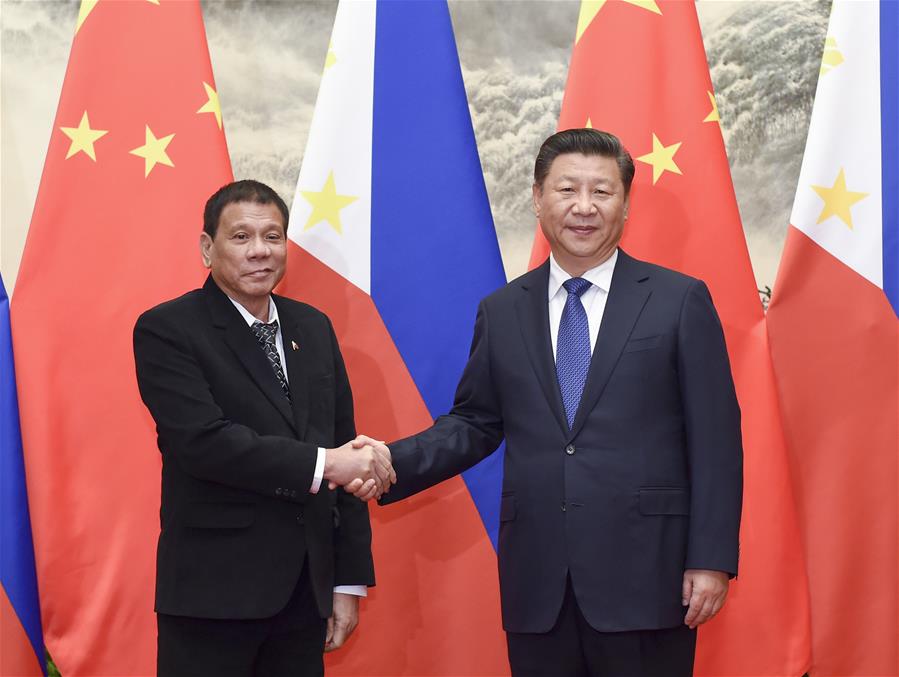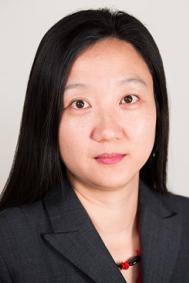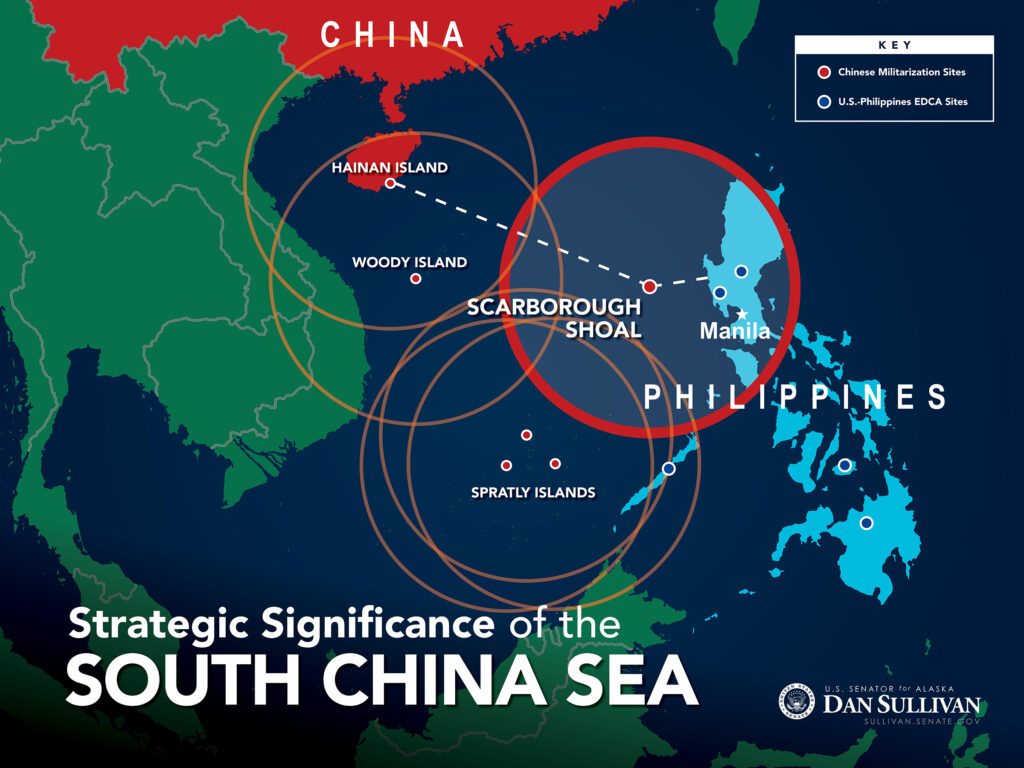China Revels In Philippines’ About-Face, But Will It Last?
Posted on

Rodrigo Duterte and Xi Jinping in Beijing Credit: Xinhua
An international tribunal ruled emphatically in July against Chinese claims to large portions of the South China Sea, acting on a case brought to it by the Philippines. China was furious and threatened many of its neighbors, while also trying to convince them to work with the PRC to resolve the conflicting claims. Then came the new President of the Philippines, Rodrigo Duterte. He appeared to flip Filipino policy on its head last week, declaring that his country would work with China. He has also said several inflammatory things about President Obama and other American officials, and he has declared the US had lost the battle for influence in the region. Now he’s said he has no intention of forging military alliance with China and is only interested in their money. This all puzzled us, so we contacted the Stimson Center and asked for their top expert on both the Philippines and China to explain just what is really happening and why. Yun Sun tells us. Read on. The Editor.

Yun Sun
Philippines President Rodrigo Duterte’s declaration of a “separation” from its long time ally the United States and his observation that America has “lost” the battle for influence in the Pacific reveals a deeply embedded, complex psychological struggle about that nation’s history and identity.
While the vast majority of Filipinos have a favorable view of American colonial rule in the Philippines, the controversial defense cooperation between the two and a long-lasting image of the Filipinos being “little brown brothers” of the “blue-eyed enemy” arise from time to time and disrupt the alliance. In 1991, President Corazon Aquino forced the US troops to leave the country and closed the famous Naval Station at Subic Bay and storied Clark Air Base.
Manila’s shift from filing the case against China on the South China Sea and Duterte’s willingness to negotiate with China about the territorial disputes plays right into China’s efforts to prevent formulation of a Southeast Asian multilateral and regional position vis-à-vis China on the dispute. Duterte’s plan to end joint military exercises and naval patrols with the US will leave Washington with fewer options and less ground to expand its military deployment in the South China Sea.
This new foreign policy direction also undermines the future and effectiveness of the US Pacific pivot. The departure of one of America’s longest allies from the US alliance system would send a negative signal to other regional players about the desirability and sustainability of the US system of alliances and partnerships. While the two American presidential candidates have so far avoided much discussion about Duterte, the next administration will inevitably have some very serious problems to fix on the Manila front.

Graphic courtesy Sen. Dan Sullivan
On the other hand, Duterte’s newly declared pro-China, anti-US policy may not be sustainable. His new initiatives are widely viewed as an instrument to balance the US and China against each other to maximize the benefits from Chinese economic strength and the American security presence. But there’s a widespread feeling that he has gone too far. Given his lack of foreign policy experience and the unverified benefits of his foreign policy course, Duterte will likely have to revise some of his radical positions on US in the future. Duterte’s China policy could be interpreted as an over-correction from former President Benigno Aquino III’s policy on China. After all, under former Presidents Ramos, Estrada, and Arroyo, the Philippines had a relatively smooth relationship with Beijing.
Many are curious about the origins of Duterte’s sentiment against the United States, which some attribute to his many unfavorable encounters with the Americans. He comes from Mindanao, which sustained the most ardent resistance against first Spanish, then American colonialism more than 100 years ago. When Duterte was the mayor of Davao City, his grievances toward the US were heightened due to a mysterious explosion at a local hotel, which he believed to be the result of a covert CIA operation.
Furthermore, since he assumed power, the US has criticized the human rights violations rampant in Duterte’s anti-drug campaigns. Last, but not least, according to some media reports, Duterte’s perceived that President Obama snubbed him at the East Asia Summit in Laos.
Duterte’s personality has played a key role in his rift with the US. He is temperamental and prone to making bold, sensational statements, which has won him the nickname of “the Philippine Donald Trump.” China has skillfully exploited the opportunity offered by Duterte to improve relations with the Philippines and to strengthen its proclaimed positions on the South China Sea.
China has privately enjoyed both the US “loss of ground” and “loss of face” in Southeast Asia. However, while China has put on grand ceremonies to welcome Duterte in Beijing, the Chinese government is also aware that Duterte’s drastic change of direction may be a temporary phenomenon inconsistent with Philippine’s foreign policy traditions. Just as Duterte reversed the policy of Aquino III, his successor could do the same. So, while Xi Jinping is enjoying Duterte’s new foreign policy directions, China remains only cautiously optimistic it will last.
Yun Sun is an expert on Chinese foreign policy and the Peoples Republic of China’s neighbors at the centrist Stimson Center.
Subscribe to our newsletter
Promotions, new products and sales. Directly to your inbox.
